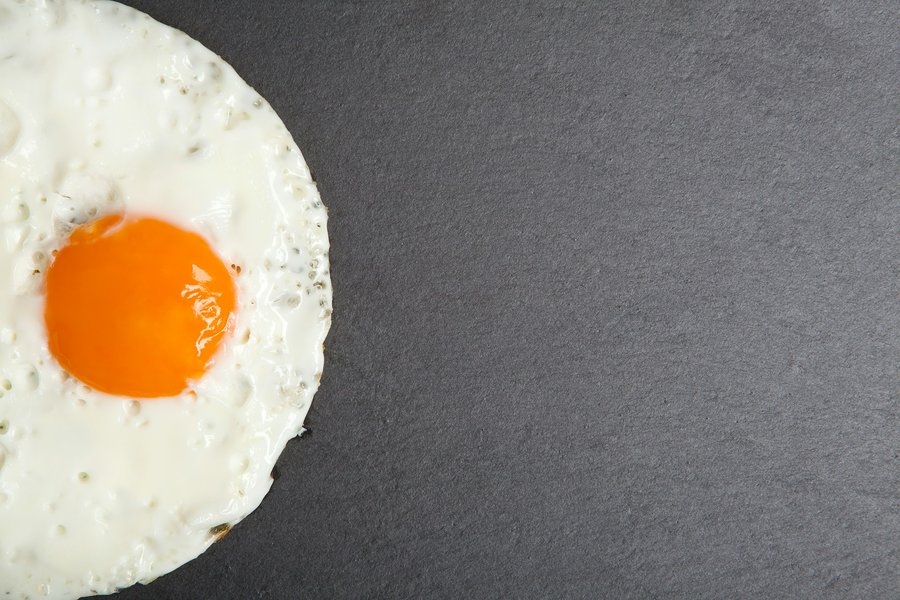What is cholesterol?
Contrary to its reputation, cholesterol is an important building block in our body. Cholesterol serves as a starting material for the production of various hormones, as well as the body's own vitamin D production. It is a component of our cell walls and is involved in the production of bile acids.
Cholesterol is a fat-like molecule and is bound to specific proteins, so-called lipoproteins, in order to transport it in the bloodstream:
-
LDL cholesterol: LDL stands for low-density lipoprotein: This type of lipoprotein transports cholesterol from the liver into the body. A high LDL level is associated with an increased risk of cardiovascular disease.
-
HDL cholesterol: HDL stands for high-density lipoprotein: This type of lipoprotein transports cholesterol from the tissue back to the liver. A high HDL level is associated with a lower risk of cardiovascular disease.
LDL and HDL act as antagonists, with total cholesterol being made up of LDL cholesterol, HDL cholesterol and other particles. If LDL cholesterol rises, total cholesterol also rises.
Cholesterol is both absorbed through food and produced by the body itself. Cholesterol is only consumed through animal foods with a high fat content such as fatty cheese, fatty meat including offal and fatty sausage or egg yolk.
The body's own production of cholesterol takes place in the liver and reacts to a drop in the cholesterol level in the blood.
Cholesterol is mainly excreted via the bile by being converted into bile acids. The excretion of cholesterol is an important mechanism for keeping cholesterol levels in balance.
In addition to lifestyle, high cholesterol levels can also be familial. Familial hypercholesterolemia is the most common hereditary metabolic disorder. It affects around one in 300 people in Austria.
Examples of foods high in cholesterol:
| Food | amount of cholesterol per 100g food |
|---|---|
| eggs | 396 mg |
| butter | 221 mg |
| Gouda (>60% fat) | 87 mg |
| High-fat meat (e.g. goose) | 86 mg |
| High-fat sausage (e.g. meat loaf) | 77 mg |
| Liver | ~320 mg |

What is hypercholesterolemia?
If the LDL cholesterol level is permanently too high, doctors speak of hypercholesterolemia. The disease usually develops gradually over many years and without symptoms. The first symptoms usually only appear in the form of cardiovascular complaints when the blood vessels are already narrowed (arteriosclerosis). This can then lead to circulatory disorders, vascular occlusion, stroke or heart attack. Possible causes include an unhealthy lifestyle with little exercise, obesity, high alcohol consumption and smoking. Genes also play a role, as shown by familial hypercholesterolemia (FH).
Good to know
The good news: everyone can contribute to lowering their own LDL cholesterol levels. These include:
- a plant-based and nutrient-rich diet
- sufficient exercise and regular sport
- Reducing excess weight or maintaining a healthy body weight
- abstaining from nicotine
Elevated cholesterol levels can also be hereditary. This makes a healthy lifestyle and a balanced, nutritious diet all the more important, as they can reduce the risk of cardiovascular disease.
![[Report Bild]](/static/reportImages/cholesterin.jpg)